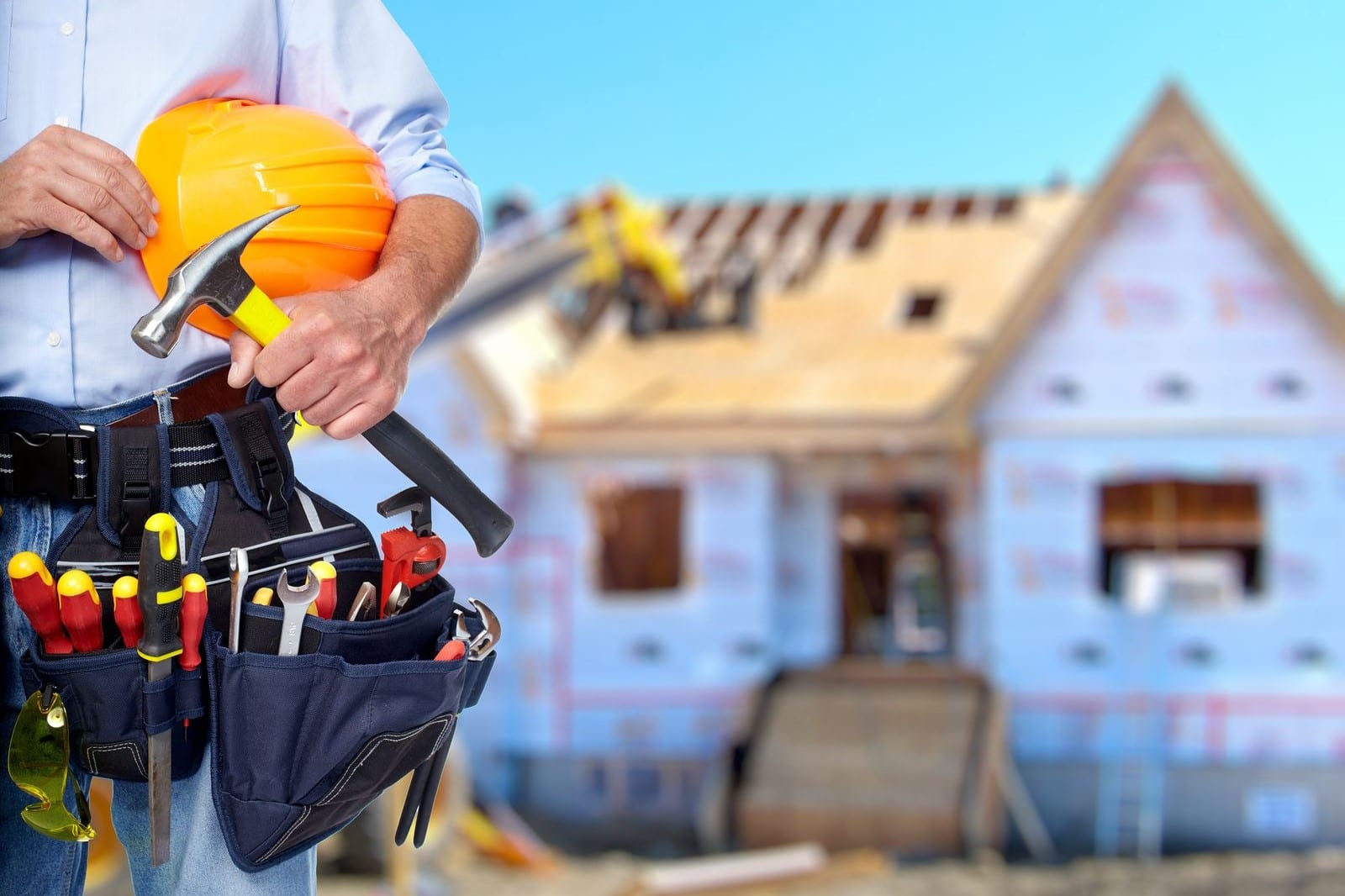Choosing a Construction Contractor – To Hire or Build Yourself?
If your budget is limited, then after registering the land and agreeing on a heap of documents for construction contractors, you are faced with the central question – to build a house on your own, or do you still need to hire a general contractor?
Both options are possible with construction, unlike house design work, which is better to give to a specialized company (unless, of course, you are a civil engineer). Below we will talk about the pros and cons of each of them.
Hiring a General Contractor
This option is unambiguous for those who have no financial problems. There is even nothing to think about – if there is enough money, then why spend all the time at the construction site in the sweat of your brow when you can entrust this business to professionals.


However, even if everything is not so rosy with your money, we advise you to think about the advantages of this option.
How to Choose a General Contractor?
First of all, pick up a few construction contractors companies with good reviews on the Internet and in real life. We do not recommend starting your selection by comparing prices, as you can end up building cheaply and then spend twice as much on fixing the shortcomings.
Contact the selected companies and try to find out the following things from them:
- what types of work the company has licenses for;
- how many projects and what level (large, trim) the contractor has already implemented;
- Ask for the contacts and addresses of several clients to familiarize yourself with the quality of the contractor’s work on the ground.
Contact the company clients whose addresses you received and ask them about their experience of working with this contractor. Perhaps not everyone will meet you halfway, but many will react with understanding. Indeed, in our time, it is not easy to find good contractors, and they, before starting construction, probably did the same thing as you did – they figured out whether they could trust this contractor.
If the company has refused to give you the addresses of clients, you should already think about it because no one will hide grateful clients; they are the best “live” advertising for the company.


From personal communication with clients of companies, you will learn what you cannot discover anywhere else. You can, of course, try your luck on the Internet for a start, but here it is not always clear which positive reviews you can trust and which ones were written by the contractor’s employees themselves. It is not always possible to believe even negative reviews – another company’s employees can quickly leave them in the competition for the market.
Types of General Contractors
There are two main types of general contractors:
- Construction organizations that are engaged in construction themselves and at the same time perform the duties of a general contractor.
- Firms that are not engaged in construction but only search for and select subcontractors organize and control their work at the facility.
To make you understand the difference between construction companies and general contractors more clearly, we will tell you more about what they do.
General Contractor:
- Calculates the cost of all work (estimate work)
- Manages construction budget spending
- Bears full responsibility for the quality and result of construction work.
- Searches hires, organizes, and controls the work of related organizations – subcontractors. As a rule, these are narrow-profile organizations that are engaged in only one type of activity.
- Digging pits,
- Foundation building,
- Walling,
- Laying of floors,
- Roof construction,
- Installation of doors/windows,
- Installation of electrical wiring, plumbing, ventilation, water supply
- Interior finishing works,
- Improvement of the site
Thus, by contacting the general contractor company, you get a personal consultant and organizer of the work and transfer the entire burden of responsibility for the performance of work and their result onto him. All that is required of you is money and periodic monitoring.
Construction Company
Unlike a general contractor, a construction company has its workers of all primary specialties and construction equipment. Due to this, she does not need to look for subcontractors and pay them for the performance of some work; she does everything on her own. The cost of construction is calculated as a rule from the cost of labor plus overhead and profit. Therefore, in this option, as a rule, you can save money compared to general contractors who pay for the services of subcontractors with already pledged profits and wind up their earnings from above.
However, in this case, there is one nuance. If you agree with a small construction company, then with some probability, it will not be able to perform the entire necessary range of work on its own, and it will still have to attract some narrow specialists so that the cost will rise.
Otherwise, you get everything the same – full responsibility for the work performed under the contract following the project.
We Build a House Ourselves
Russia has always been famous for many talents, that is, people who can quickly and reasonably efficiently do something with their own hands without professional education. Therefore, the option to build a house ourselves is quite possible for us.
However, there are many adverse side effects when choosing this option. First, you can’t do it all alone. At least you should have one assistant, and preferably two or more. You can hire guest workers, but they should have at least a general knowledge of construction. We do not recommend attracting friends, as personal experience in construction roofing services NYC shows that this only brings problems.


Secondly, you must understand that you cannot do everything yourself, and for some work, it will simply be necessary to hire subcontractors.
The main rule that you must follow when building on your own is: “if you don’t know how to do it, call a specialist. ” You do not want your house to start cracking at the seams or even collapse at one point, do you? Therefore, treat any work exceptionally responsibly. Read specialized literature, even better – consult with an experienced person in this matter.
Even if you hire subcontractors for particularly demanding or complex jobs, you will still get 20-40% savings. The savings will be the more you do yourself, but do not strive for benefits at the expense of quality.
Pros of Self-Construction
You save money. The most critical and obvious plus. Since you organize the work yourself and buy materials yourself, you save at least 20% on the services of a contractor company, which would do or manage all the same for you, but with its margin.
You are in complete control of the process. You choose the materials yourself, observe every step of the construction (or even do all these steps yourself), and therefore you can be sure of the quality and know all the potential problem areas of your home.
Cons of Self-Construction
You spend much time on
- Search for narrow subcontractors (dig a pit, take out the earth, bring concrete).
- organization of work, drawing up plans and work schedules for subcontractors;
- control over the position of subcontractors;
- search, purchase, and delivery of building materials to the site;
- search, buy or rent the necessary equipment and tools.


You are solely responsible for
- the overall quality of construction work;
- compliance of results with the project;
- Solution of sudden complications (severe thunderstorm on which you appointed the foundation pouring) Etc.
- Ignorance of “little things” that have a significant impact on the process, result, and cost of construction (for example, you thought that the contractor you hire to dig the pit should also take out all the dug earth, and the contractor has his own opinion on this matter).
Conclusion:
So, now you know the main pros and cons of independent construction supervision, and you can make an informed choice. It is best to sensibly assess your abilities, free time, and financial capabilities and make an informed decision. In our opinion, the best option would be to agree with a large construction company with good staff and positive feedback from customers. Thus, you will make an average overpayment but significantly free up your own time and relieve yourself of the burden of responsibility for the result of construction and its compliance with the project.


